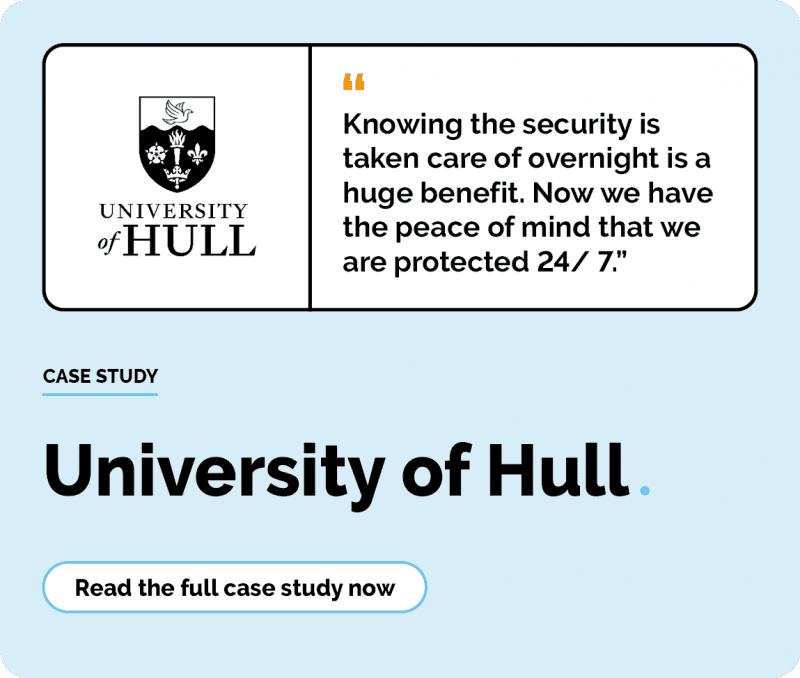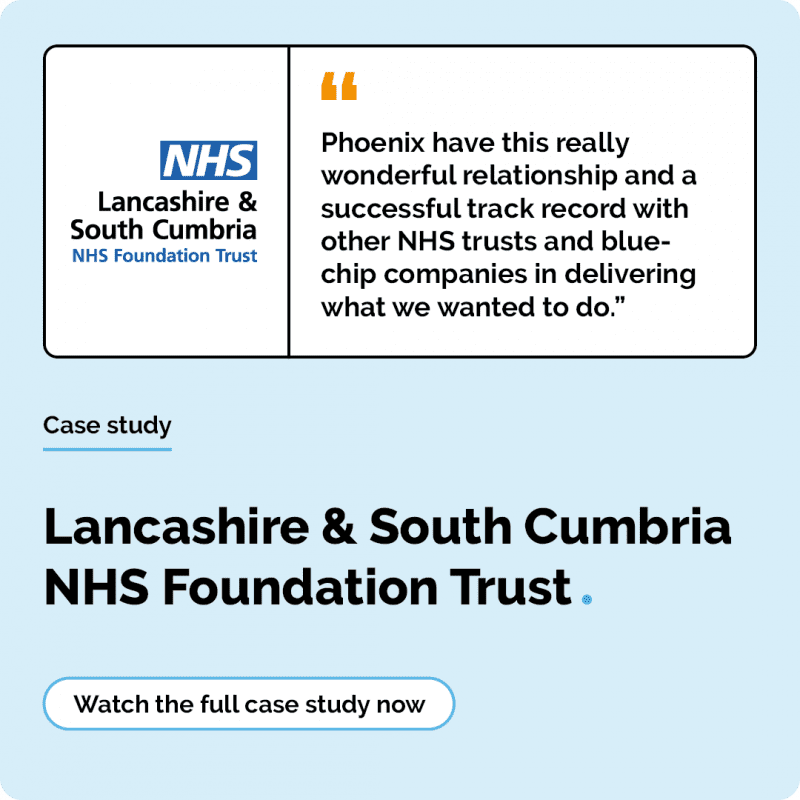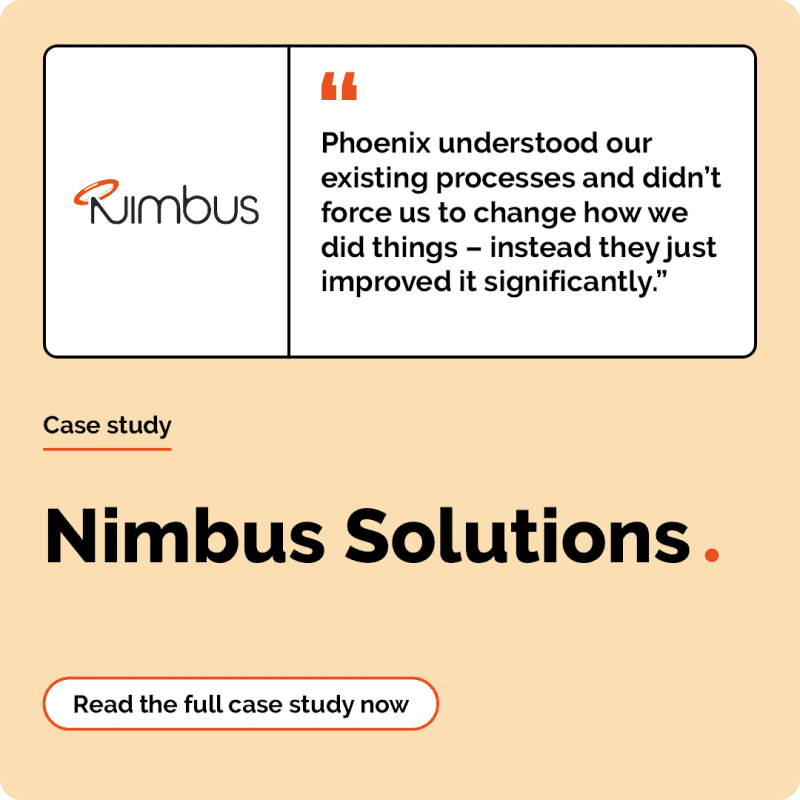AI solutions in healthcare are here. But are we ready?
4 minute read
Andy Williams
May 8th, 2025
Can you see, feel, or hear the difference AI is making in your organisation? The impact AI is making is huge, but often hidden. Let’s explore what it means for the healthcare sector.
Andy Williams, a highly accomplished digital leader with extensive experience in driving large-scale digital transformation programmes across the NHS, joins us for a third guest blog to explore the possibilities of AI solutions in healthcare.
“There’s been a lot of noise around AI. What it is, what it isn’t, and what it could become. It feels like every day brings a new breakthrough, another tool, or another buzzword. But in the NHS and across healthcare, the question remains: how real is AI for us right now and are we using it wisely?
What is the role of AI in healthcare?
AI, in simple terms, refers to technology that enables computers and digital tools to perform tasks typically requiring human intelligence. But as exciting as it is, understanding how and why we use AI in the NHS is just as important as knowing what it is.
AI is already making a real difference across the NHS. Some notable examples include:
- Medical imaging: AI algorithms help radiologists detect abnormalities in scans (e.g. chest X-rays, mammograms) faster and with high accuracy. One such example is Kheiron Medical’s “Mia” tool being used in breast cancer screening programmes and NPIC (The National Pathology Imaging Collaborative) born in Leeds Teaching Hospital NHS Trust
- Predictive analytics: AI models help predict patient deterioration, supporting early intervention. The Royal Free Hospital in London uses AI to detect acute kidney injury in real time
- Virtual assistants and chatbots: tools like Ask A&E or NHS 111 online use AI to triage patients or provide information, helping reduce pressure on frontline services
- Administrative efficiency: AI is used to streamline back-office functions like appointment scheduling, HR recruitment, or processing invoices
The benefits of using AI in the NHS
When used effectively, AI has the potential to:
- Improve patient outcomes by enabling earlier diagnosis and more personalised treatment
- Reduce administrative burden on clinical and operational staff
- Increase efficiency in processes such as triaging, referrals, and bed management
- Support workforce planning through better forecasting of service demands
- Enhance patient access through digital tools like symptom checkers or AI-powered chat services
What are the ethical considerations of using AI in healthcare?
Ethical AI is crucial in healthcare, where decisions can directly impact people’s lives. Healthcare organisations must ensure that AI tools are used safely, transparently, and fairly, protecting patient privacy, avoiding bias in diagnosis or treatment recommendations, and maintaining accountability for outcomes.
Responsible AI use helps build trust among patients and professionals, supports accurate and equitable care, and ensures that innovation doesn’t come at the expense of human dignity or safety.
Advice for safe implementation and why you need an AI policy
So how can NHS organisations introduce AI safely and responsibly?
Here’s what we recommend:
- Start with a clear purpose: understand the problem you’re solving. Is it clinical? Operational? Financial?
- Conduct an AI Readiness Healthcheck: are your infrastructure, data governance, and workforce prepared?
- Embed clinical and patient involvement: ensure the tools meet real needs and build trust with users
- Focus on data quality and fairness: invest in clean, representative data that avoids harmful bias
- Retain human oversight: AI should support, not replace, clinicians and decision-makers
- Pilot before you scale: start small, learn fast, and adjust as needed
- Create an AI policy: develop an organisational policy that sets standards for ethical AI use
The question is no longer if AI will transform the NHS, it already is. The real question is: how do we make sure it works for everyone?”
Let’s be part of AI’s safe, smart, and human-centred evolution.
Find out more now




